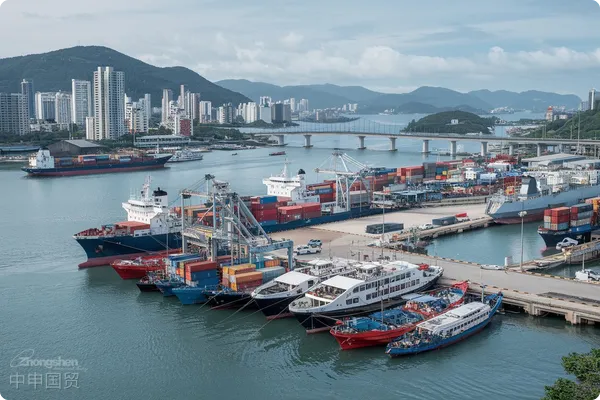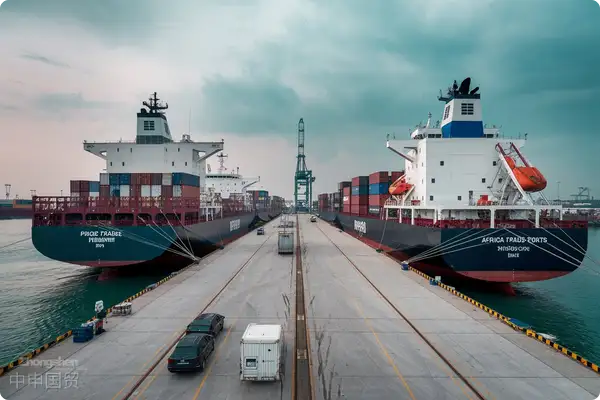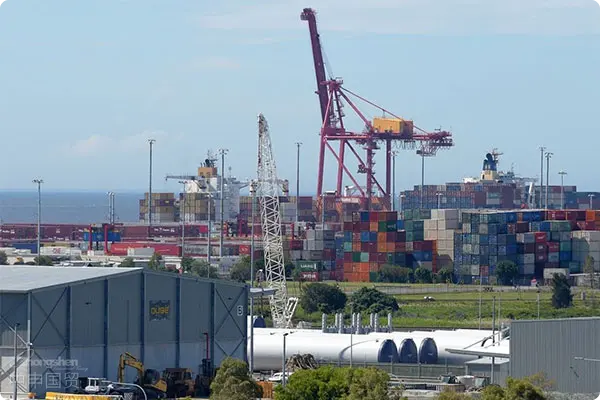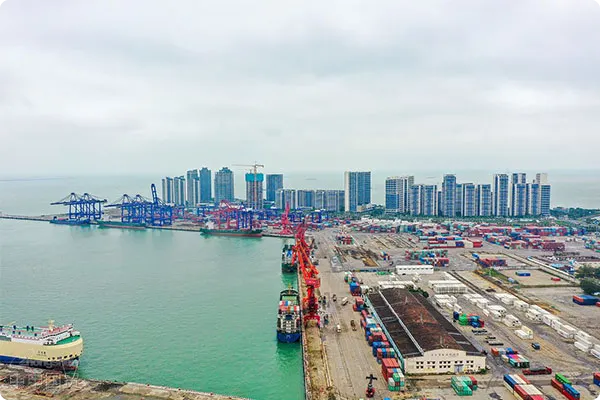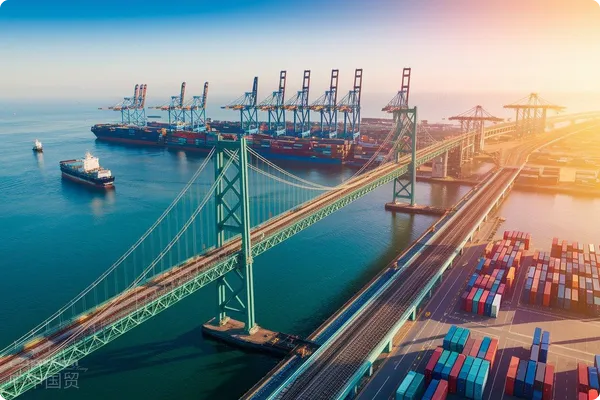- Shanghai Zhongshen International Trade Co., Ltd. - Two decades of trade agency expertise.
- Service Hotline: 139 1787 2118
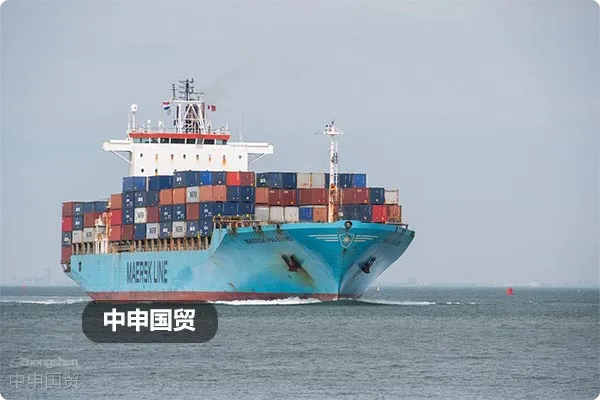
In international trade, productsExport Drawbackis an important policy measure. When it comes to export through agency, enterprises and related parties often have doubts about whether tax rebates are applicable. This issue involves multiple aspects, including the agency method, the nature of export products, and relevant policy regulations. A thorough understanding of these factors is crucial for accurately determining whether tax rebates apply to exports through agency, which also relates to important operational elements such as cost control, capital recovery, and international competitiveness.
I. Basic concept and policy basis of export tax rebate
Export tax rebate refers to the refund of value-added tax (VAT) and consumption tax paid during domestic production and circulation processes for goods declared for export in international trade. This policy aims to encourage enterprise exports and enhance product competitiveness in the international market. Chinas export tax rebate policy has clear legal and institutional foundations, with detailed rebate rates and operational procedures established based on different product categories, export destinations, and other factors.
II. Relationship between agency export and tax rebate
Tax rebate under general agency export circumstances
– Under the formal export agency model, if the relationship between the agent and the principal is clearly defined and all conditions for export tax rebates are met, tax rebates can be processed. First, the exported products must fall within the scope of products eligible for tax rebates, which is determined by the national tax authorities based on relevant industrial policies and international trade agreements. For example, most industrial manufactured goods can enjoy tax rebate policies under certain conditions.
– The agent must possess the necessary qualifications and meet specific requirements. For instance, the agent must be legally registered with customs, tax authorities, and other relevant departments, and must haveimport and exportoperating rights. At the same time, the agent must accurately collect and organize all documents required for export tax rebates, such as customs declarations, value-added tax (VAT) invoices, and export sales invoices. These documents serve as critical evidence to verify the export status of goods and the payment of domestic taxes.
– The principal must also cooperate by providing necessary documentation and ensuring that the production, procurement, and other processes of the products comply with domestic tax and trade policies. For example, the VAT invoices provided by the principal must be authentic and valid, and the production process of the goods must not violate environmental protection, quality, or other relevant regulations.
Tax Rebate Considerations Under Special Agency Models
– In some special agency models, such as buyout agency exports, the situation differs. In buyout agency exports, the agent essentially assumes more market risks, resembling self-operated exports to some extent. In such cases, the agent is typically the entity eligible for tax rebates and must follow the procedures for self-operated exports. However, when calculating the rebate amount, factors such as the buyout price agreed with the principal must be considered.
– Another scenario is when the principal exports goods under the agents name. In this model, stricter contractual agreements and document reviews are required to process tax rebates. The agent must ensure sufficient oversight of the export business and provide complete export tax rebate documentation to prevent tax-related risks.
III. Factors Affecting Export Tax Rebates for Agency Products
Product Attributes
– The category of the product directly determines whether it is eligible for tax rebates and the applicable rebate rate. For example, high-tech products encouraged by the state may qualify for higher rebate rates, while energy-intensive or highly polluting products may face restrictions or even be ineligible for rebates. Additionally, product quality standards can impact rebates; if products fail to meet the quality requirements of the importing country or China, rebates may be denied.
Completeness and Accuracy of Documents
– Documentation is critical in the export tax rebate process. Customs declarations, VAT invoices, export sales invoices, and other documents must be complete and accurate. For example, the product codes, quantities, and amounts on the customs declaration must match those on the VAT and export sales invoices. Errors or missing documents will prevent tax authorities from verifying the export details, thereby delaying or denying rebates.
Verification of Trade Authenticity
– Tax authorities conduct strict reviews to verify the authenticity of agency export transactions. This includes examining the authenticity of export contracts, tracking shipping routes, andA complete export agency agreement should be attached with:other relevant details. If fraudulent trade practices are discovered, such as forged export contracts or misreported export quantities, not only will rebates be denied, but severe penalties may also apply.
Conclusion
Whether agency products are eligible for export tax rebates is not a simple question; it depends on a combination of factors. When engaging in agency export business, both agents and principals must thoroughly understand export tax rebate policies, ensure products meet rebate conditions, comply with legal and regulatory requirements for agency models, and strictly prepare and submit all required documents to guarantee trade authenticity. Only then can they successfully benefit from export tax rebate policies, enhance competitiveness in the international market, and achieve sustainable business growth.
Related Recommendations
? 2025. All Rights Reserved. 滬ICP備2023007705號-2  PSB Record: Shanghai No.31011502009912
PSB Record: Shanghai No.31011502009912
